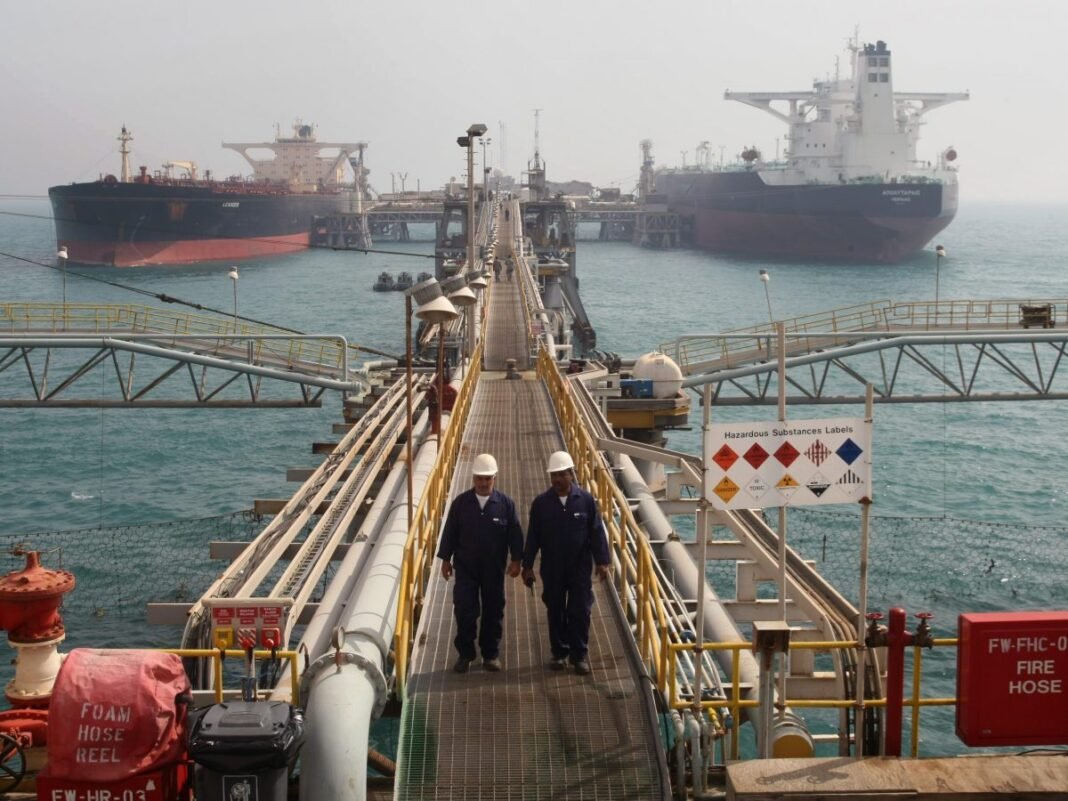Iraq has earned $41.8 billion from oil exports in eight months, showcasing the vital role of oil revenues in the national economy. The State Oil Marketing Organization (SOMO) reported that the country exported over 816 million barrels of crude, strengthening Iraq’s position as OPEC’s second-largest producer.
Exports from Basra and central fields contributed the most, totaling 798.4 million barrels. Meanwhile, the Qayyarah field in Nineveh supplied 7.09 million barrels. From Kirkuk, 1.86 million barrels reached Jordan before shipments halted in the summer. These figures highlight the strategic importance of Iraq’s oil infrastructure and export channels.
The revenues collected between March and August reached $41.86 billion. This confirms oil as Iraq’s main source of government income. Analysts emphasize that such earnings directly support public sector salaries, infrastructure projects, and national development programs.
Furthermore, SOMO continues to coordinate with OPEC and international partners to maintain export stability. This cooperation ensures that Iraq can meet global demand while maximizing revenue potential. Strong oil production and efficient logistics reinforce Iraq’s economic resilience and attract foreign investment.
Economists note that sustaining high oil exports is critical amid fluctuating global energy prices. They also stress that Iraq’s economic planning depends heavily on the consistency of oil revenues. The government’s policies aim to strengthen export capacity while exploring long-term diversification options.
The success of Iraq’s oil sector demonstrates the country’s capability to manage large-scale energy operations. Continued investment in extraction, refining, and transportation supports both domestic needs and international obligations. Additionally, maintaining robust export levels helps Iraq remain competitive in global energy markets.


